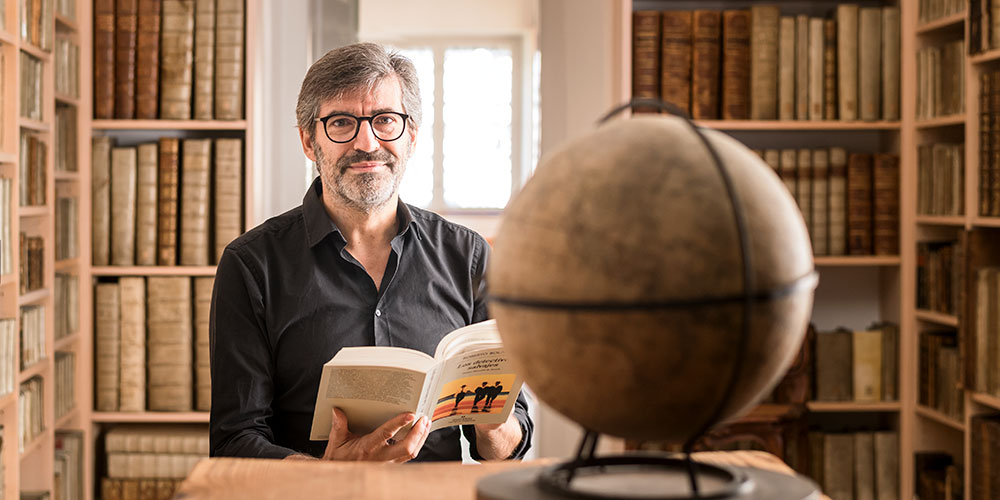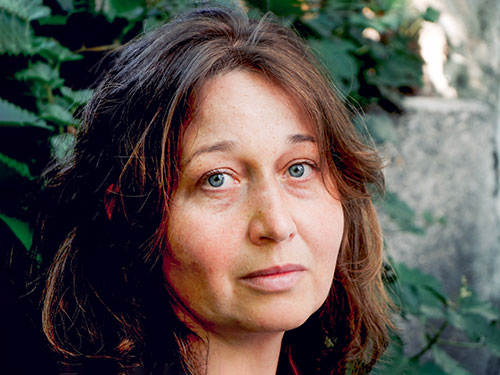Families in flux.
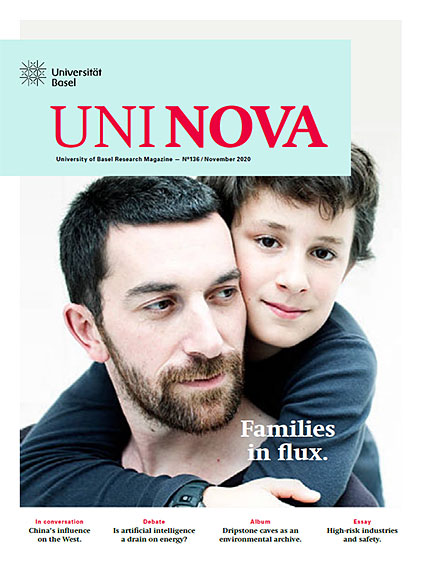 Download (PDF, 9 MB)
Download (PDF, 9 MB)
Family is no longer what it used to be – it is much more: The traditional parent-child formation has long since expanded to include single-parent, rainbow and patchwork families. UNI NOVA presents a series of research projects of the University of Basel on the special community of the family.
Subscribe to UNI NOVA for free-
 Dossier
DossierFrom male provider to marriage for all.
Text: Christoph Dieffenbacher / What exactly constitutes a family is mostly determined by society – with genetics and reproductive medicine also playing an increasingly prominent role. The legal system is hard pressed to keep up, and laws have to be regularly revised.
-
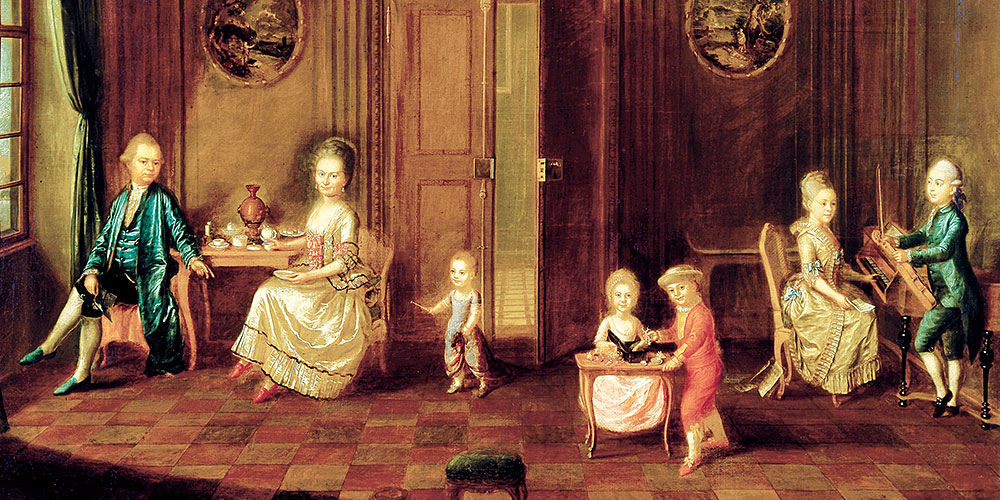 Dossier
DossierLoving fathers and education at home.
Text: Eva Mell / Two historians are studying the role of knowledge transmission and emotions in Basel families of the eighteenth century. Research has long overlooked the fact that the Enlightenment was focused not only on reason, but also on emotions.
-
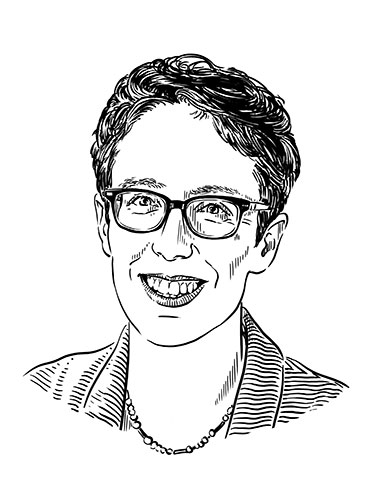 Dossier
DossierRole models in conflict situations.
Text: Pascale Hofmeier / Arguments and disputes are a part of everyday family life. They only really become a problem if they are chronically destructive – as Dr. Letizia Gauck and her colleagues observe on a daily basis at the Center for Developmental and Personality Psychology.
-
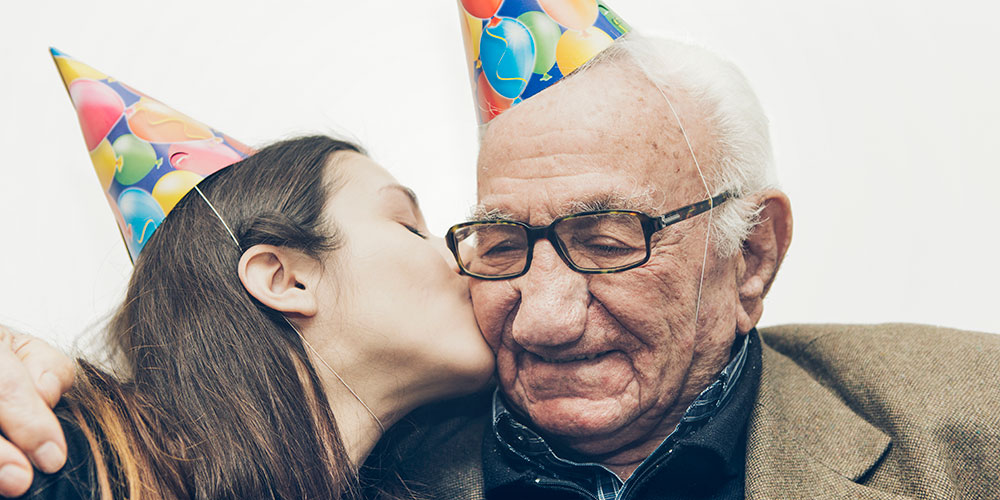 Dossier
DossierLove and care until the very end.
Text: Angelika Jacobs / Most people who develop a chronic or degenerative disease are cared for intensively by a female partner or daughter. Medical ethicist Christopher Poppe interviewed family carers of individuals with amyotrophic lateral sclerosis to find out more about their situation and needs.
-
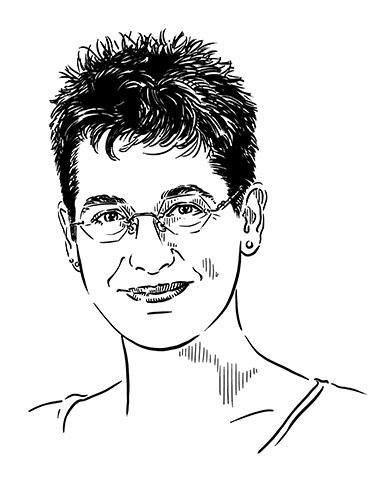 Dossier
DossierBetween old norms and new aspirations
Text: Samanta Siegfried / These days, balancing family and work is an issue for mothers and fathers alike. The Center for Gender Studies is examining why we find it so difficult to break out of traditional roles.
-
 Dossier
DossierCare and violence in animal families.
Text: Christoph Dieffenbacher / Parents looking after their young is a common feature of family life in many animal species. The goal of parental care is to ensure offspring survival. Yet, this often involves trickery and conflict, and sometimes even naked aggression.
-
-
Dossier
The male breadwinner remains the norm.
Text: Samuel Schlaefli / More women outearn their male partner than commonly thought. Survey respondents tend to underreport women’s income, while overreporting that of men. Two economists link this systematic misreporting to the male breadwinner norm.
-
Dossier
“How should I tell the family?”
Interview: Angelika Jacobs / Cancer sometimes runs in families and occurs as a result of a genetic predisposition. However, it can be challenging for those who have the genetic predisposition to tell their biological relatives that they might also be carriers of the same cancer gene. Professor Maria Katapodi researches ways of providing support in conveying information to family members.
-
-
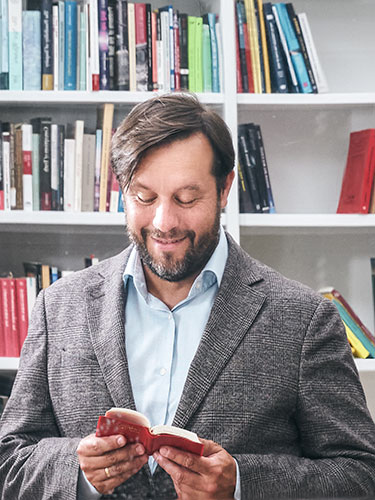 In conversation
In conversation“China’s party-state is deliberately trying to subvert the West.”
Interview: Urs Hafner / China is politically more communist than it was 20 years ago. The country is converging with authoritarian move ments in the West, says Professor Ralph Weber, a political scientist and philosopher.
-
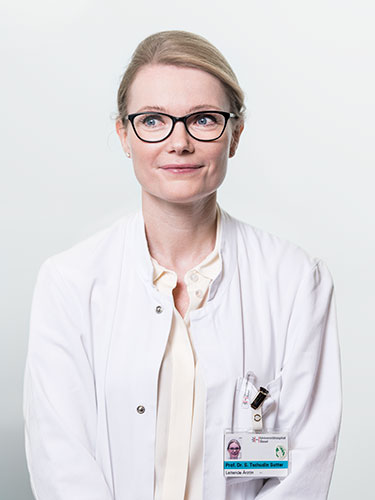 Portrait
PortraitNot a trace of coronavirus fatigue.
Text: Irène Dietschi / She was a rising star at the Department of Infectious Diseases, but when the coronavirus arrived, she faced her greatest challenge yet. She handled it brilliantly.
-
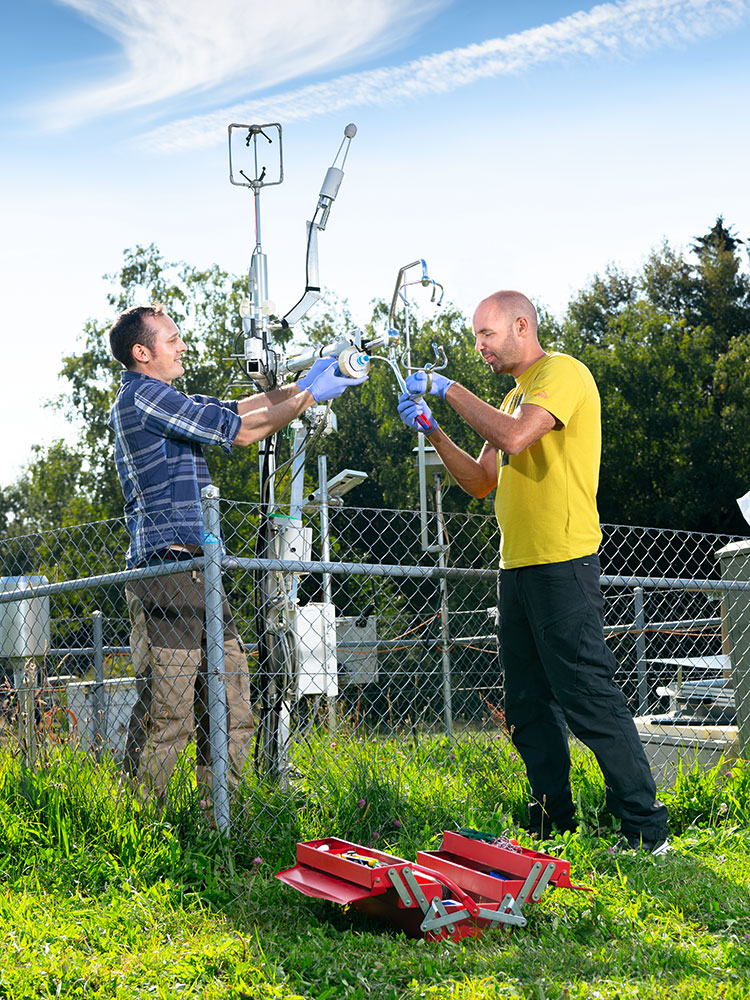 Research
ResearchPlants capture mercury from the air.
Text: Yvonne Vahlensieck / As a result of human activities, the amount of mercury in circulation is ever-increasing. To protect both health and the environment, it is important to understand the processes by which this pollutant spreads through soils, air and water – and in which plants appear to play a key role.
-
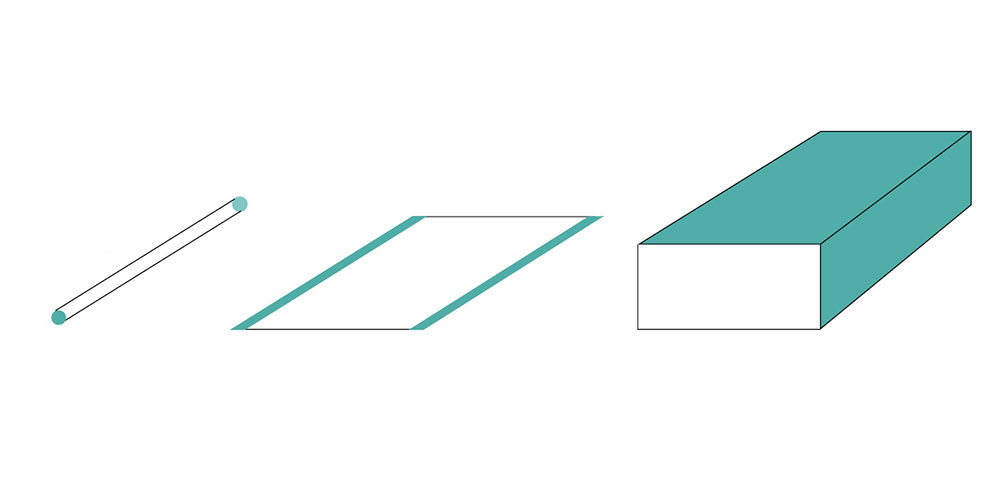 Research
ResearchCore components for energy-saving electronics.
Text: Christine Möller / Topological insulators are an entirely new class of materials boasting unique properties that make them promising candidates for energy-saving, high-performance electronics and quantum computers.
-
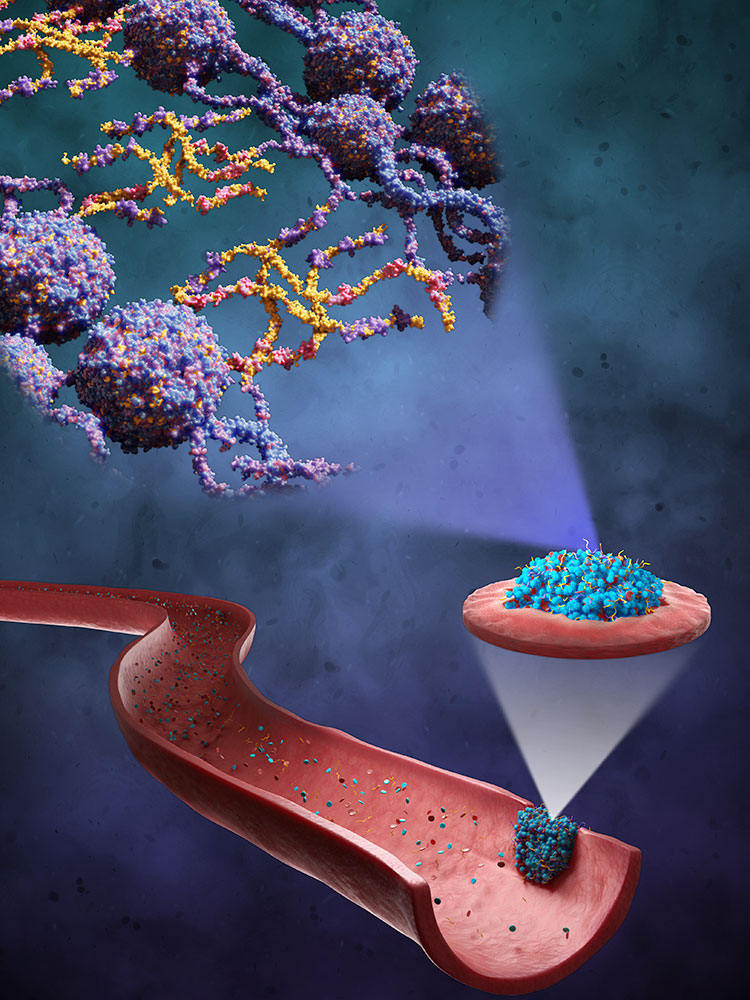 Research
ResearchSmart molecules heal wounds.
Text: Angelika Jacobs / When a serious injury occurs, bleeding can overwhelm the body’s healing mechanisms. Artificial molecules could help by giving a boost to the clotting process.
-
 Opinion
OpinionShould the hidden carbon footprint of AI be regulated, Frank Krysiak?
Text: Frank Krysiak / Is a legal framework needed to regulate energy-intensive artificial intelligence applications? A debate between an environmental economist and a computer scientist.
-
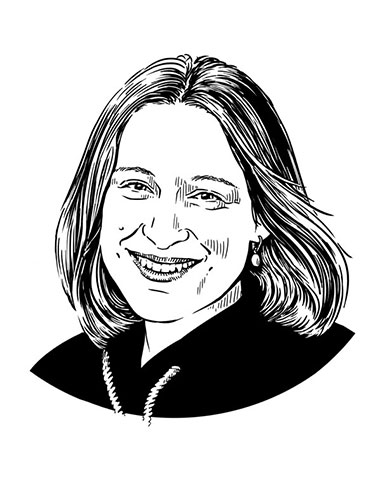 Opinion
OpinionShould the hidden carbon footprint of AI be regulated, Gabriele Röger?
Text: Gabriele Röger / Is a legal framework needed to regulate energy-intensive artificial intelligence applications? A debate between a computer scientist and an environmental economist.
-
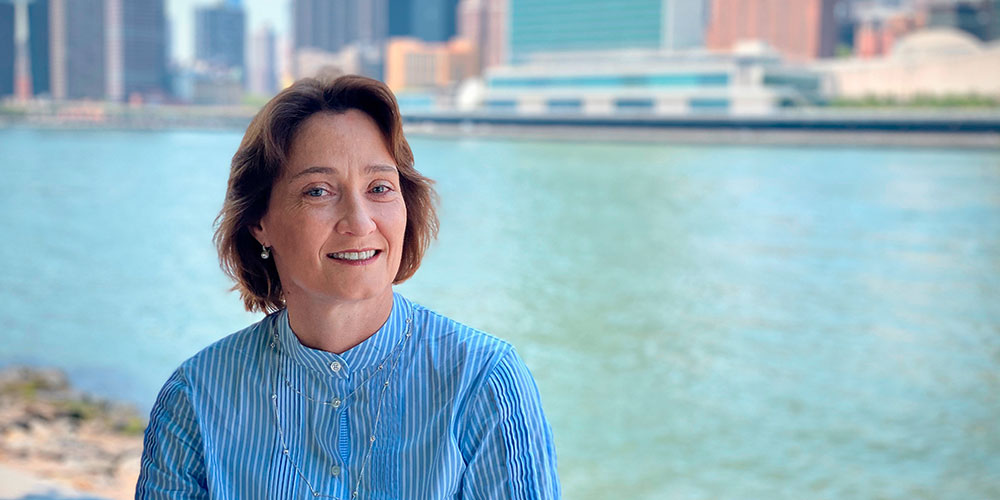 Alumni
AlumniGlobal challenges and the coronavirus crisis.
Text: Pascale Baeriswyl / Pascale Baeriswyl studied law, history and French literature and linguistics at the University of Basel. Today she is an ambassador to the UN in New York.
-
Alumni
Signs of increasing appeal.
Text: Bettina Volz-Tobler / The Alumni Prize was launched in 2015, the 10th anniversary of AlumniBasel. It is endowed with a CHF 10,000 prize by an alumnus and patron and aims to show the many ways in which University of Basel alumni go on to enrich society after completing their studies.
-
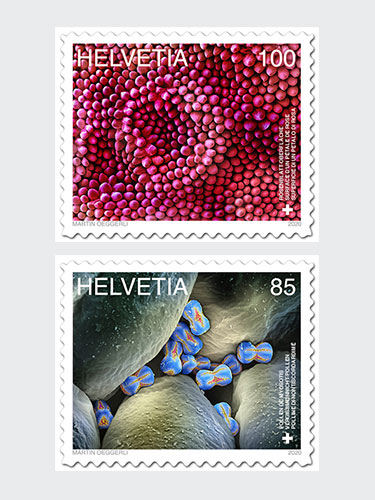 Alumni
AlumniSpecial issue stamps by a Basel alumnus.
Molecular biologist Dr. Martin Oeggerli, alumnus of the University of Basel, created two special Swiss Post stamps.



